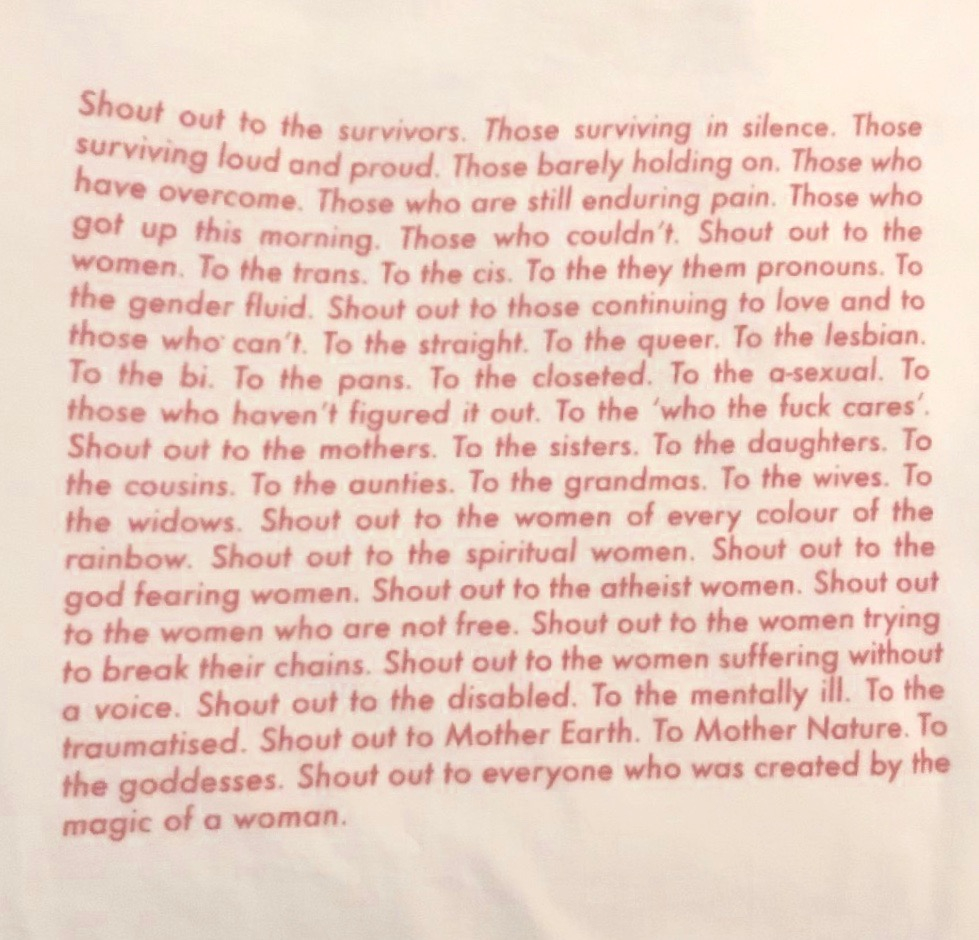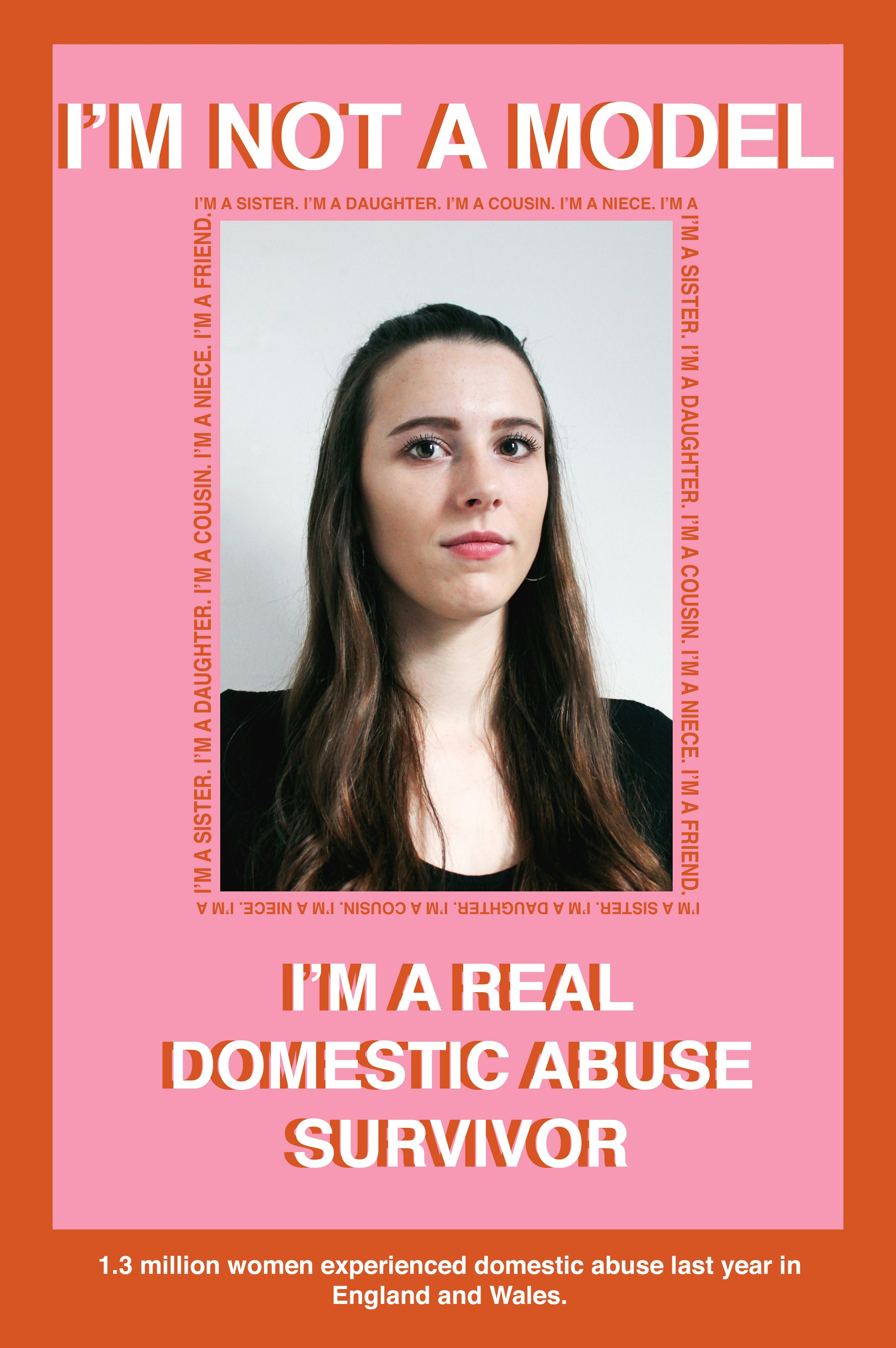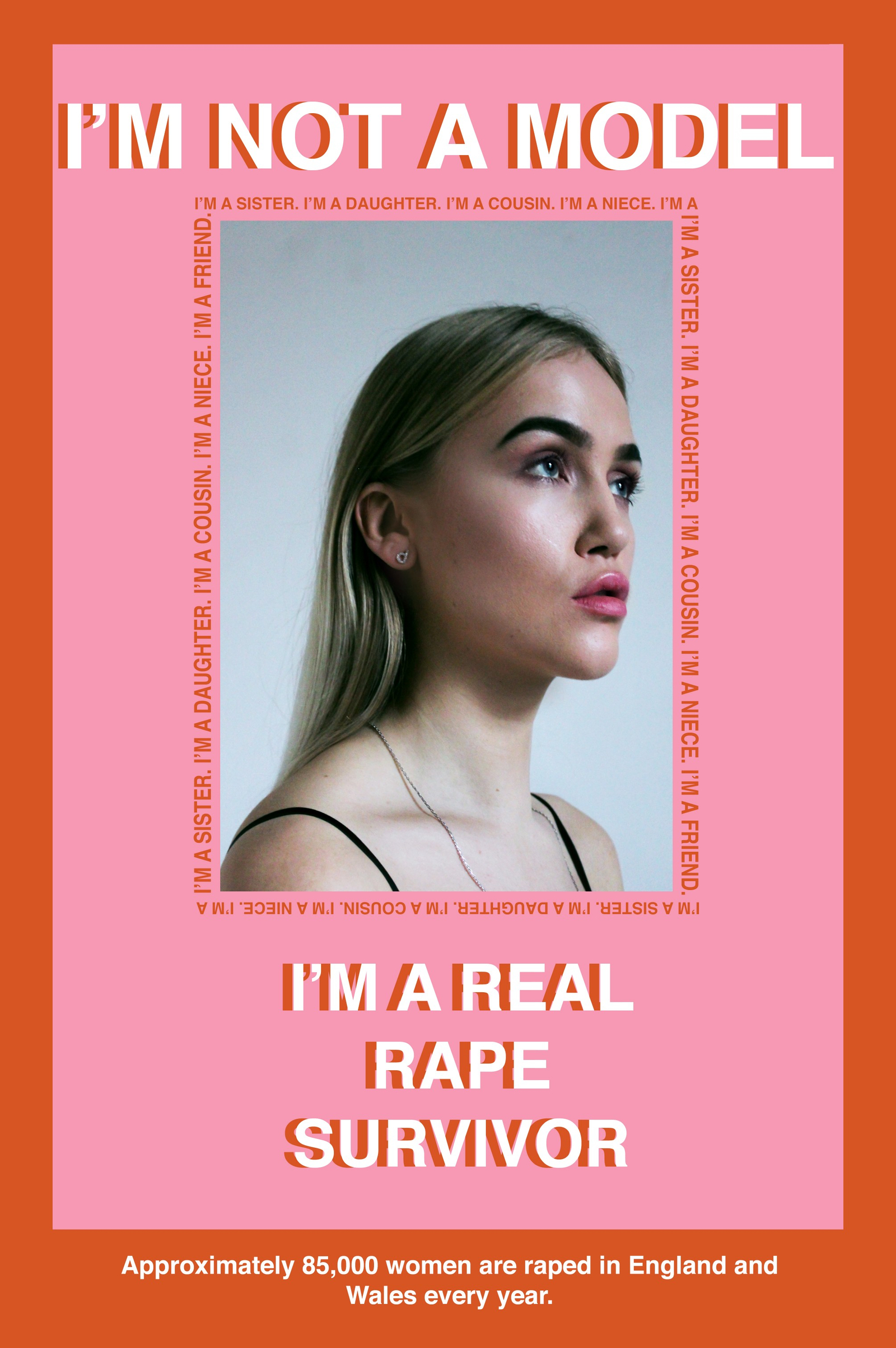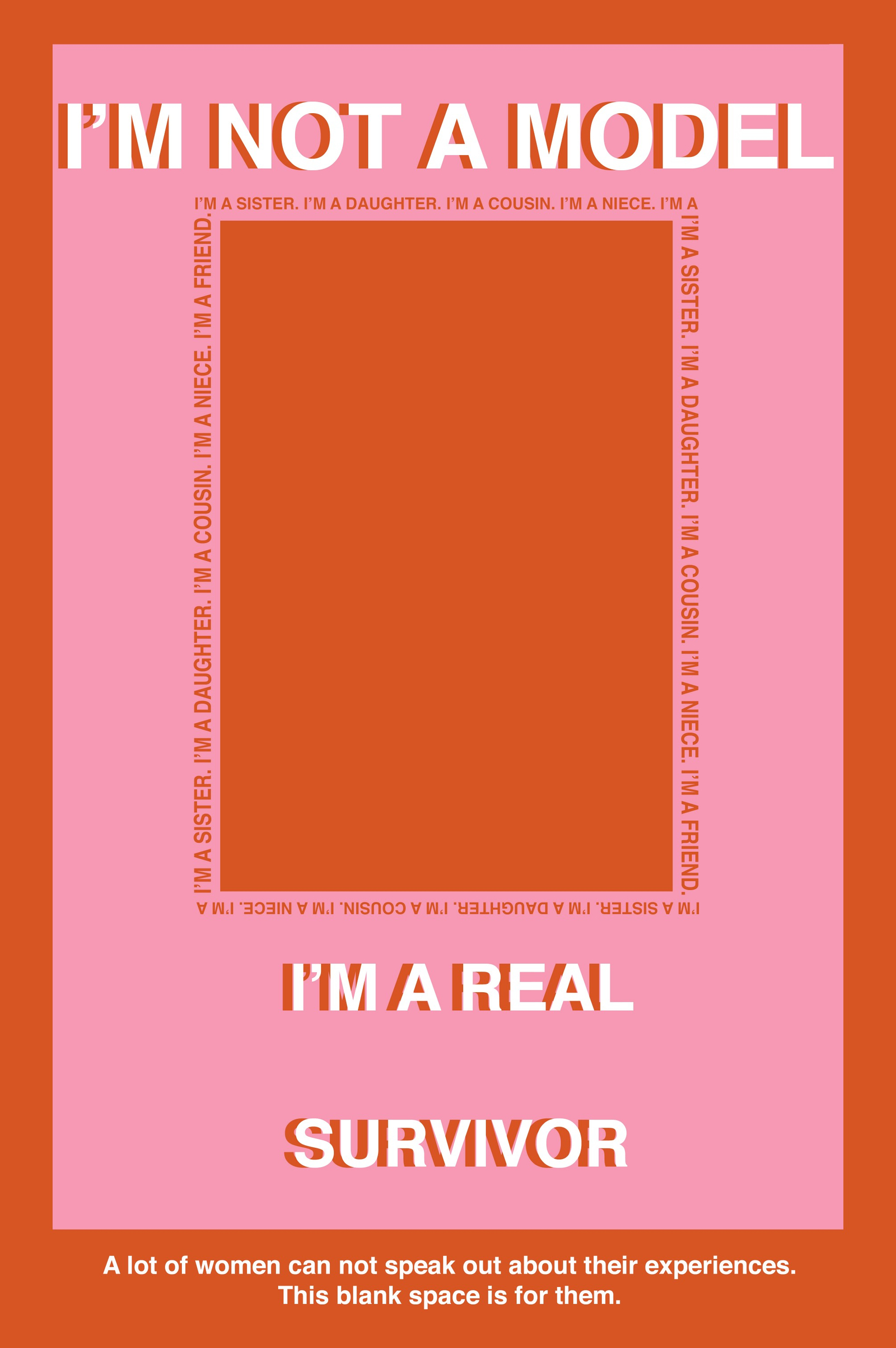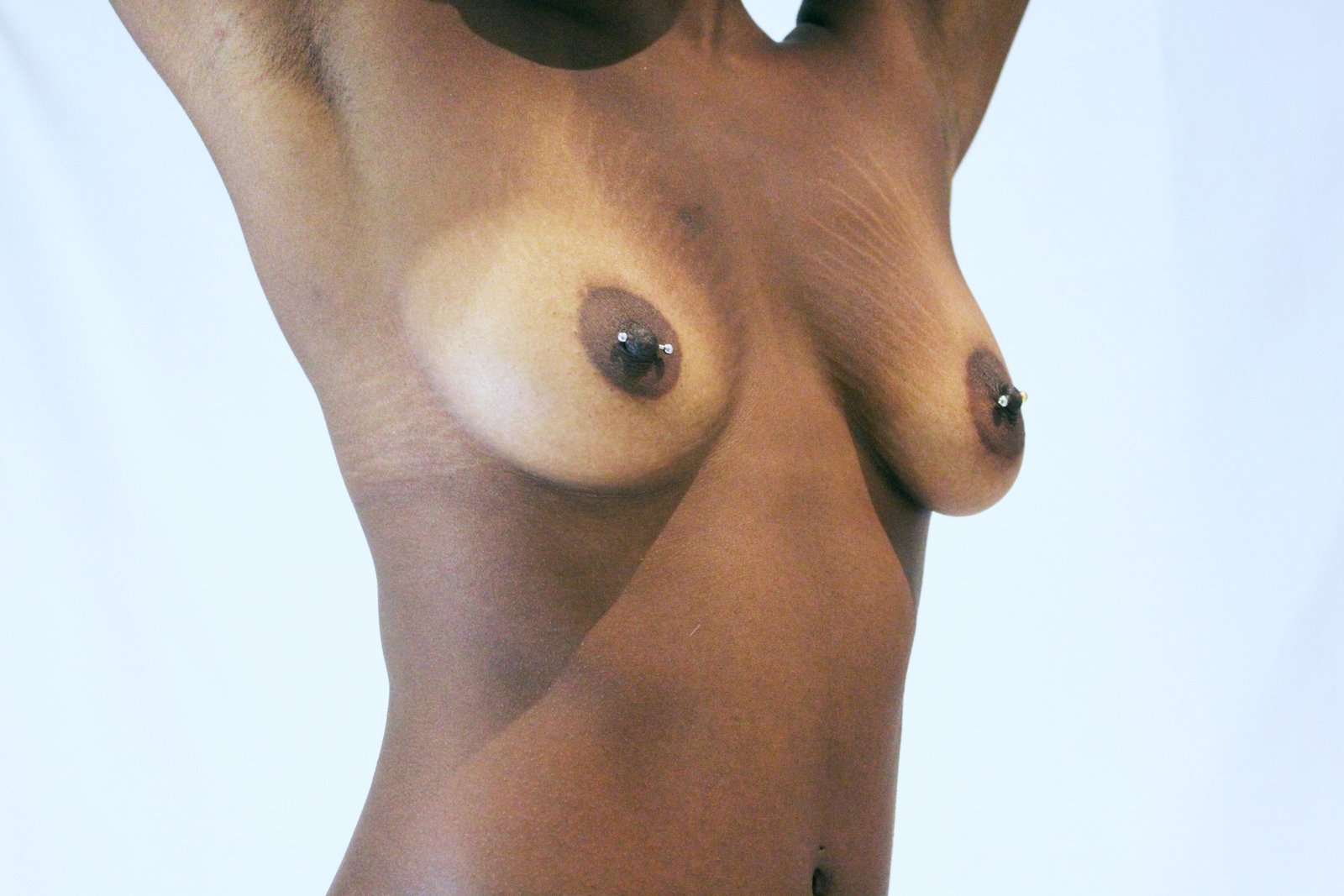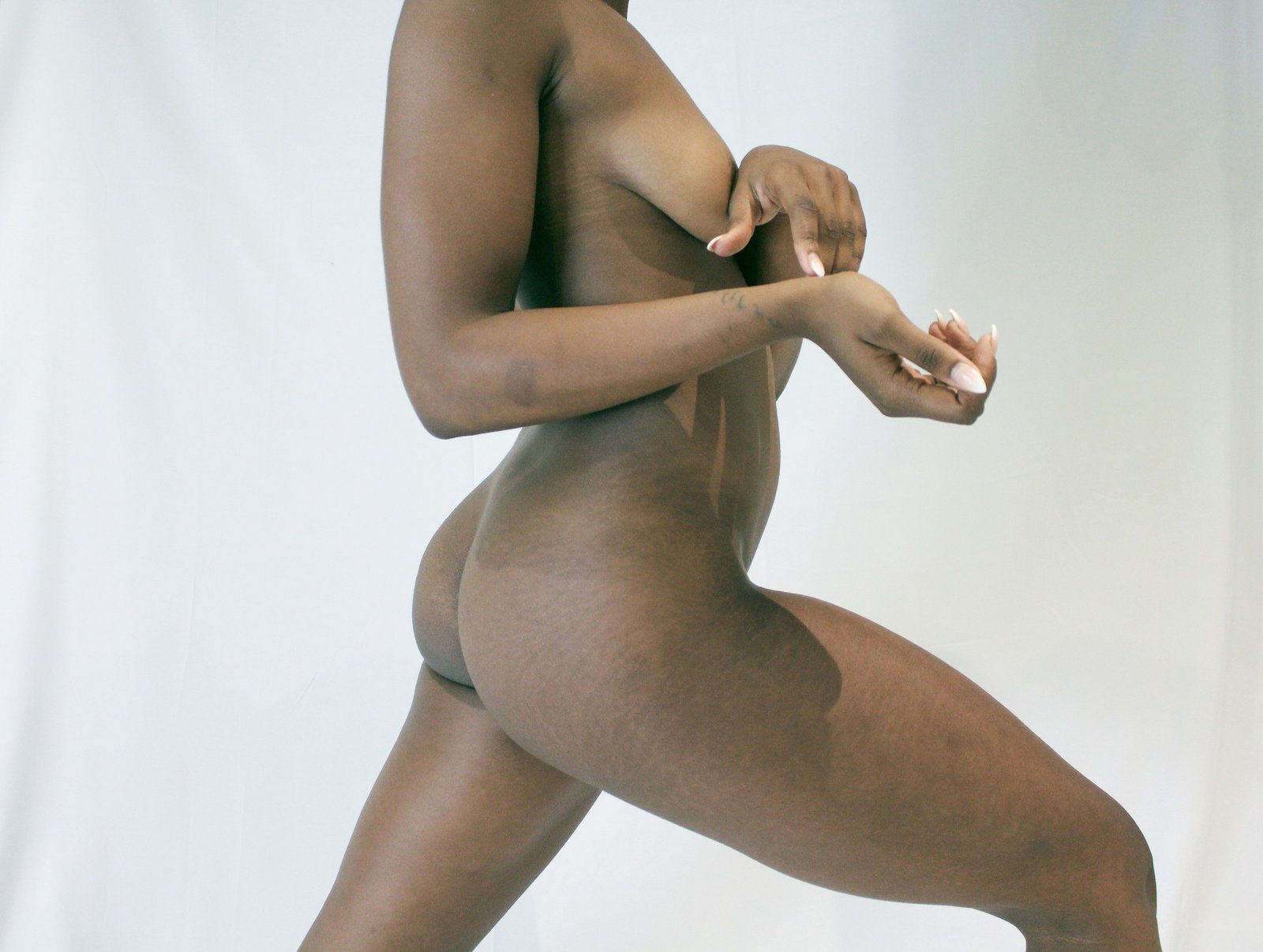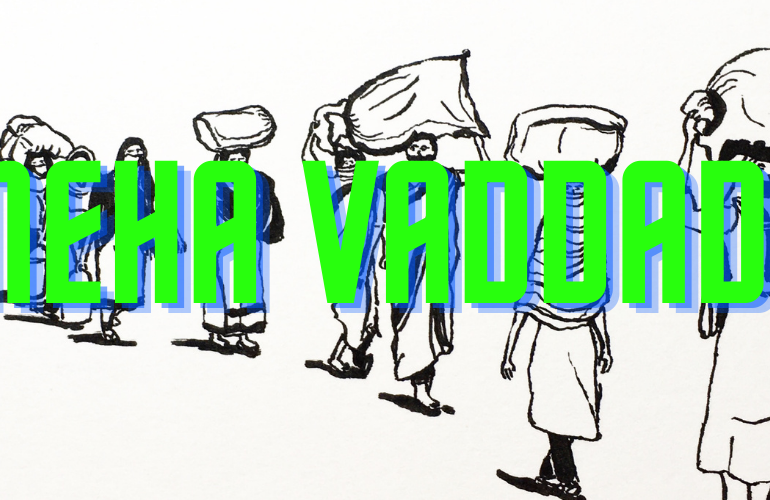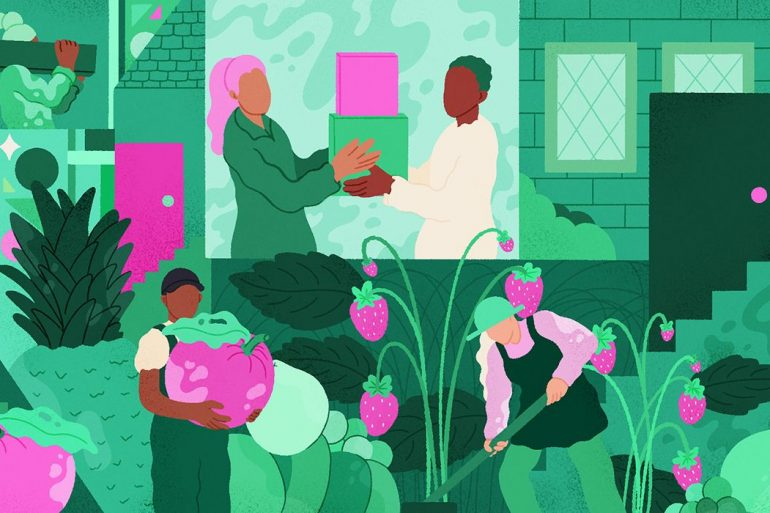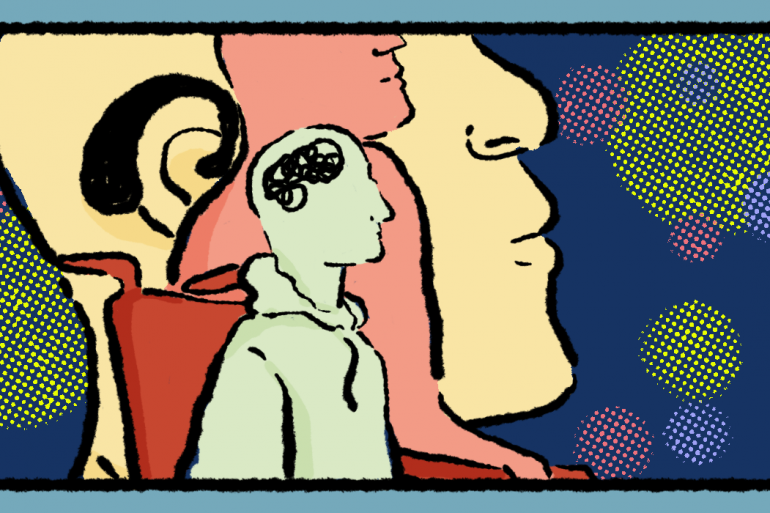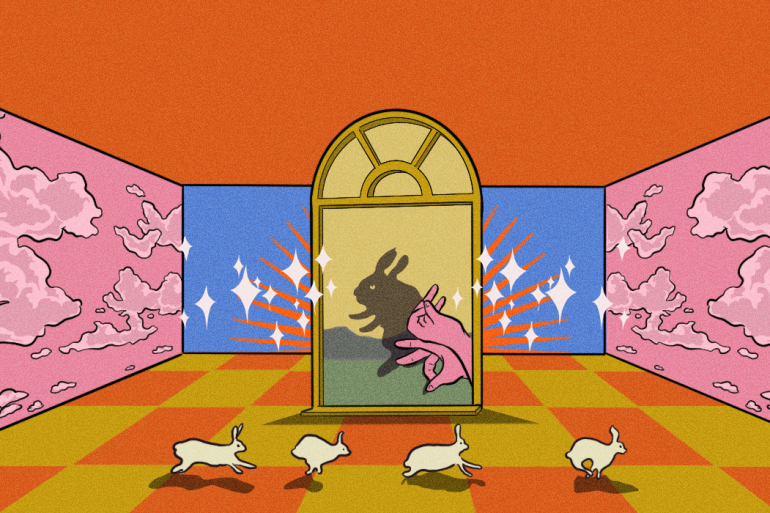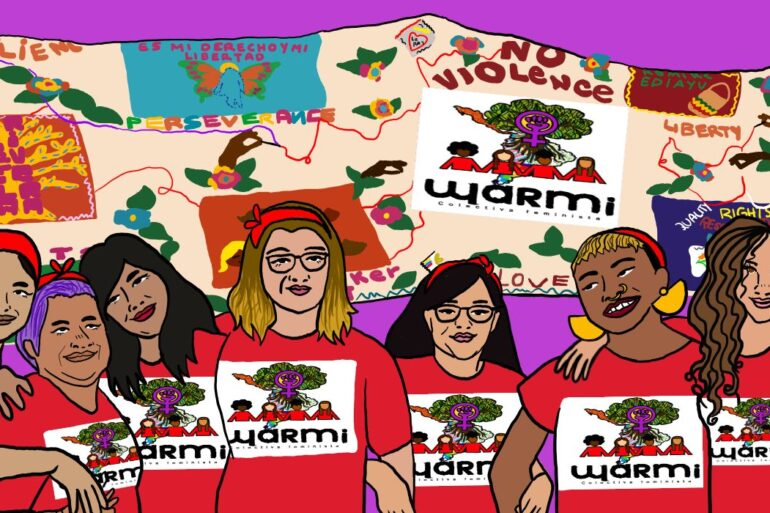One in five women has experienced some form of sexual violence since the age of 16. Approximately 85,000 women are raped in England and Wales every year. More than 3 million women are estimated to have experienced some form of sexual assault since the age of 16.
In a post-#MeToo world, increasing digital feminist activism has inspired women all over the world to take control of their narrative and speak out against personal instances of sexual abuse. However, the prominent rhetoric of mainstream media is still fundamentally sensationalist; it continues to foster a shaming culture of silence and undermine those fighting back against gender-based violence. Conversation about rape, above condemning the actions of the offender, primarily focuses on instructing individuals how to avoid, or prevent, what is ostensibly ‘the inevitable’.
I first stumbled across Dizzy Bagley’s art through a humble medium: a simple, long-sleeved, white t-shirt (worn by my friend – her sister, Coco). Whilst seemingly plain on the front, inscribed on its back is a powerful message: “Shout out to the survivors”. Bold, red lettering proudly implores us to “Shout out to the women. To the trans. To the cis… To the pans. To the closeted. To the a-sexual. To those who haven’t figured it out”. It compels us to “Shout out to Mother Earth. To Mother Nature”, finishing on the ultimate instruction of: “Shout out to everyone who was created by the magic of a woman”. Upon speaking to her, it became clear that a lot of Dizzy’s work is born from a sense of injustice, an unrepentant anger towards the current refusal of society to recognise (and remedy) the enduring currents of misogyny that run deep, to this day. Her work emboldens us to reclaim our own sense of self; she emphasises the importance of ownership, of unity and shared femininity, and uses photography to fight against gendered violence, slut-shaming and the overt-sexualisation of modernity’s intrinsic “male-gaze”.
Dizzy Bagley is a London College of Fashion Creative Direction student who is using her art to alter this current social discourse – from one that both sexualises and stigmatises ‘victims’, to one that empowers ‘survivors’. Her project, “I’m Not a Model” was created for the 2017 UN Orange Label Project to end violence against women.
The series contains photos of real women who have been subjected to gender-based abuse. Its theme is one of unity and empathy, reminding the viewer of the indiscriminate arbitrariness of sexual violence – in Dizzy’s words, “I hope this reminds you that these things can happen to any woman. I hope it reinforces the idea that this could be your: mother, sister, niece, auntie, grandma, cousin.
“It shouldn’t have to be, for you to care.”
Through the humanising lens of her camera, she communicates this message with a beautiful potency. Dizzy’s pictures are raw, honest, and unapologetically human – a potent reminder that survivors are all around us. Further, they highlight the enduring regularity of such occurrences. Whilst abstract statistics, celebrity endorsements, and flashy news headlines help spread awareness to some degree, they nonetheless make it easy to disassociate every day reality from the publicised climate that enables sexual abuse, gender-based violence, and rape to prevail. “I’m Not a Model” remedies this disconnect, in a way that is simultaneously bold and emboldening.
Perhaps the most powerful image of the series is one which simply depicts a frame to an empty portrait. This piece is representative of the millions of women who are unable to speak out about their experiences publicly, or indeed, at all. Dizzy created this blank space for them:
“I want to acknowledge you, and encourage you to keep surviving”.
Arguably, media censorship of the feminine form plays a large role in perpetuating a culture where “victim-blaming”, as opposed to “rapist-shaming”, constitutes the accepted response to instances of sexual violence. Dizzy’s current project focuses on desexualising the feminine form as a way of normalising and appreciating female nudity. We all have bodies; we are all simply made up of a collection of body parts.
Ultimately, Dizzy differentiates between the “sexualised” body, and the “sexual” one; the former presupposes an external perspective, projecting their own objectifying gaze on an innocent image. The latter is that which she celebrates – being “sexual” is internal; a choice you are free to make as opposed to one forced upon you. We shouldn’t have to live in a society that conflates these two concepts. We shouldn’t have to tolerate the argument that, if women want to be “sexual”, we must pay the price accordingly and suffer the risk of being “sexualised”. Dizzy’s art awakens us to the truth of this fact.
Subscribe to shado's weekly newsletter
Exclusive event news, job and creative opportunities, first access to tickets and – just in case you missed them – our picks of the week, from inside shado and out.

To see more of Dizzy’s art and explore some of her projects in greater depth, head over to https://www.dizzybagley.com/


